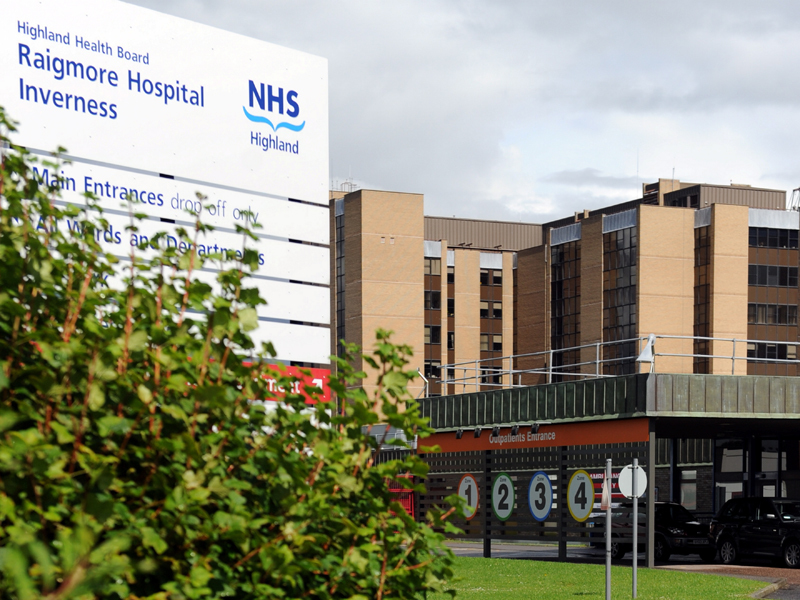The north’s health board has been criticised for spending thousands of pounds on sending four people to Alaska on a fact-finding mission at a time when it is under financial pressure.
The group went to Anchorage last month to learn about providing healthcare in remote and rural areas.
A Highland politician and a patient representative were horrified to hear the trip was undertaken at a time when NHS Highland had been forced to borrow £2.5million from the Scottish Government to make ends meet at the end of the last financial year.
The health board was unable to say how much the trip cost, but denied frontline services had been affected.
Highlands and Islands MSP Mary Scanlon said: “We have recently had examples of people who are stuck in hospital, unable to go home because of the lack of home carers.
“The health board also has a shortage of staff and shortfalls in the budget and yet there is no hesitation about spending thousands of pounds to send four people to learn about a private healthcare system.”
And Dr Jean Turner, of Scotland Patients’ Association, said: “It seems quite ridiculous that they would do this. We have good brains in Scotland. Why on earth do we need to go that far away to get advice?”
The group attended the South Central Foundation Annual Conference in Anchorage in June as part of the Scottish Government’s Being Here remote and rural programme, which looks at “different and innovative ways of sustaining health and care services in remote and rural communities”.
It consisted of NHS Highland’s director of operations north and west Gill McVicar, district nurse and integrated team leader Mary Boyle, NHS Highland programme manager for remote and rural sustainability Martine Scott and Julie McFadzean, of the Small Isles Community Council.
The health board’s chief executive Elaine Mead stressed that money had not been taken away from frontline services to finance the trip.
She said: “Last year, the Scottish Government funded NHS Highland £1.5million to take this work forward.
“Two of the places were fully funded through the programme funding from the government, one was a free place and the fourth was through NHS Highland’s learning and development budget.
“NHS Highland’s funding for frontline services was not diverted from direct patient care resources.”
Ms Mead stressed that the delegates travelled economy class from Edinburgh on the cheapest flights the board’s travel coordinators could find.
She said: “Remote and rural sustainability is a concern across the world and Scotland does not have all the answers, which is why the Scottish Government is supporting the Being Here programme.”
